Firstly, it is necessary to build a map of primary English teacher human resources for the whole province and city, updated in real time. Each school must have specific data, for example: the number of teachers with English certificates, the number of teachers meeting B1/B2 standards, how many teachers are studying to upgrade their qualifications, the number of schools without permanent teachers... From that map, provincial and city leaders can make accurate and fair decisions in temporary coordination according to the school cluster model; allocate training funds to the right subjects, not "spread evenly"; accurately identify areas with real teacher shortages to order teacher recruitment or open conversion training classes.

According to the Project to Make English the Second Language in Schools, 100% of general education institutions nationwide will teach English compulsorily from grade 1 in phase 1 (2025 - 2030).
PHOTO: NHAT THINH
Second, it is necessary to create a flexible but controlled mechanism - so that localities dare to do it, while still ensuring quality. When it is not possible to recruit enough qualified primary school English teachers overnight, especially in remote areas, instead of waiting for "sufficient conditions to teach", localities need to be empowered to take the initiative within a controlled framework. For example, it is possible to allow the granting of temporary teaching licenses to primary school teachers who have a minimum English level of B1. However, this licensing must be accompanied by a 12-month roadmap to upgrade the standard to B2, along with a 60 - 90-hour training course on English teaching methods for young children: pronunciation, intonation, games, storytelling, control of first grade classrooms, etc.
"Even when there are not enough teachers, a school system that knows how to organize and utilize resources intelligently can still teach English effectively without sacrificing quality. International experience and the reality of many localities in Vietnam have proven that flexible pedagogical thinking and on-site career support are as important as the number of new teachers recruited," Mr. Phong said.
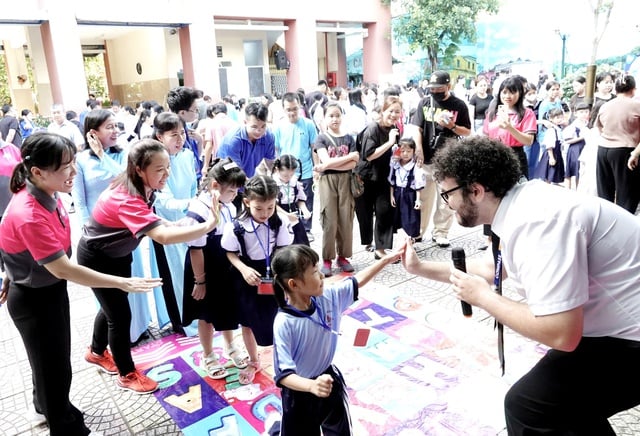
First graders get acquainted with English through play-and-learn activities.
Photo: Dao Ngoc Thach
According to Mr. Phong, it is also possible to open the door on a conditional basis to other resources: final year English students, secondary school teachers who wish to teach primary school, or people with international certificates (IELTS, TESOL, CELTA) who are living locally. These people can be signed short-term or seasonal contracts, work under the supervision and guidance of core teachers, and be periodically assessed on their pedagogical capacity. This is the "supervised support teacher" model that many countries such as Malaysia or Indonesia have implemented in the early stages of expanding the primary school English program.
Third, according to Mr. Phong, it is indispensable to retain good teachers through policies on salaries, increased allowances, travel and housing support, ensuring a minimum income sufficient to live so that teachers do not have to teach extra classes; and have clear promotion opportunities. In addition, it is necessary to invest in training pedagogical students to have the next generation of good teachers.
English teachers must get used to using AI in teaching
In pedagogical activities in general schools today, technological utilities have contributed significantly to improving teaching methods and innovating assessment and evaluation for teachers.
Lesson preparation is more invested and meticulous when specific commands are directly entered into AI applications to obtain teaching products according to the proposed lesson objectives. Of course, teachers must edit to suit the knowledge level and language ability of their students.
When implementing the policy of making English the second language in schools, English teachers must approach and gradually get used to using AI in pedagogical activities. To effectively transform digitally at work, teachers must understand and apply the digital competency framework in teaching and management activities to confidently use technology and create positive digital content for themselves and the community.
Le Tan Thoi
(Teacher at Nguyen Dang Son Secondary School, An Giang )
Source: https://thanhnien.vn/day-tieng-anh-bat-buoc-tu-lop-1-3-viec-can-lam-185251102204231073.htm



![[Photo] Opening of the 14th Conference of the 13th Party Central Committee](https://vphoto.vietnam.vn/thumb/1200x675/vietnam/resource/IMAGE/2025/11/05/1762310995216_a5-bnd-5742-5255-jpg.webp)







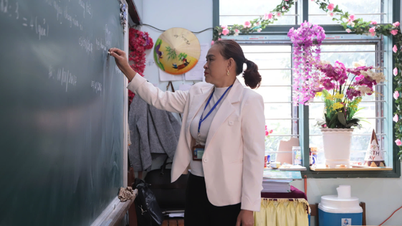



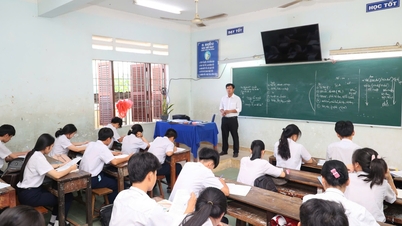

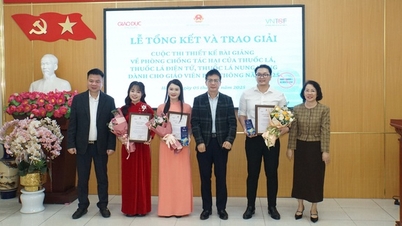

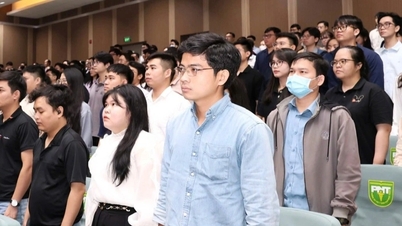

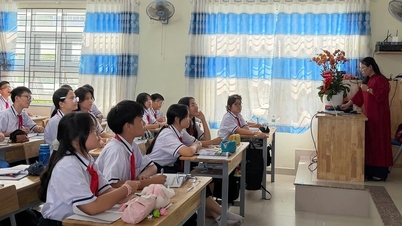






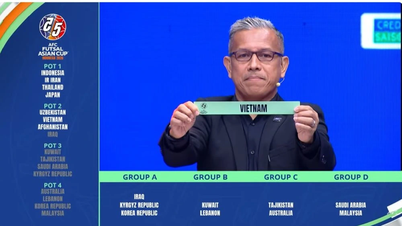





![[Photo] Panorama of the Patriotic Emulation Congress of Nhan Dan Newspaper for the period 2025-2030](https://vphoto.vietnam.vn/thumb/1200x675/vietnam/resource/IMAGE/2025/11/04/1762252775462_ndo_br_dhthiduayeuncbaond-6125-jpg.webp)










































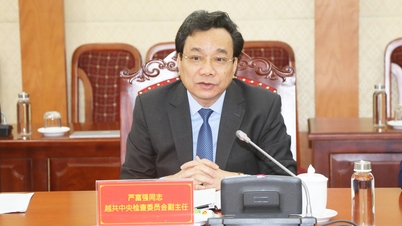


















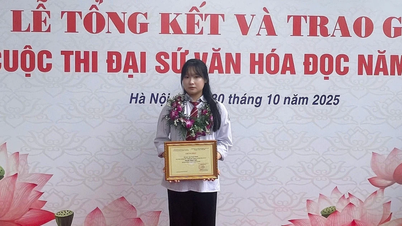












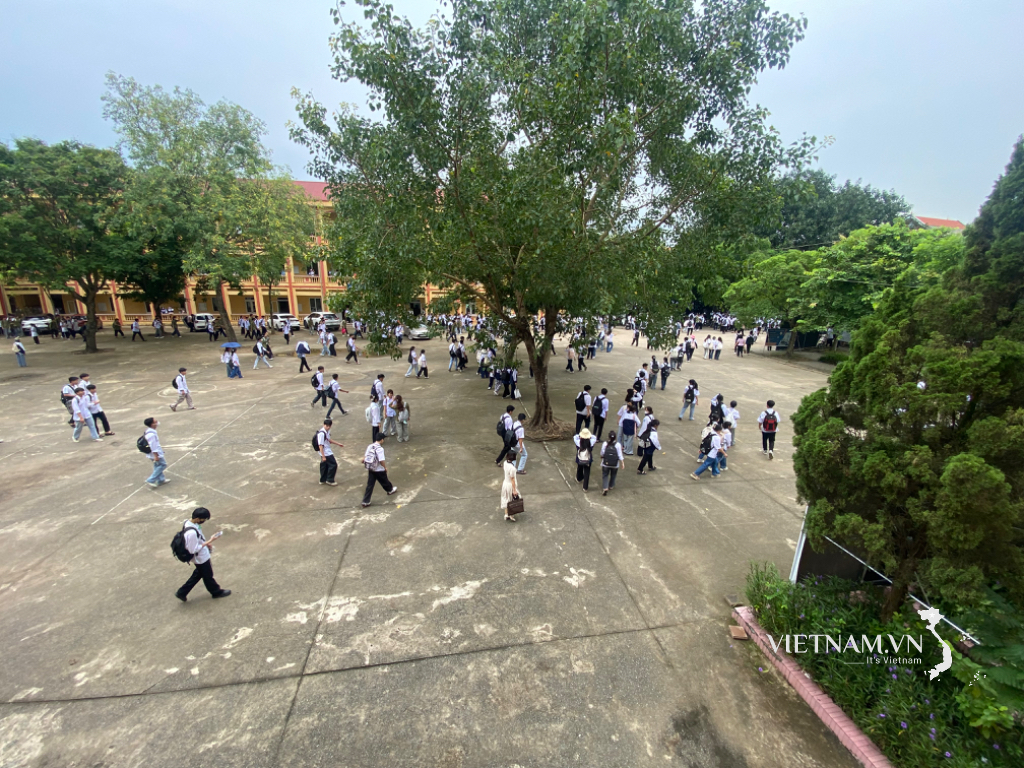


Comment (0)